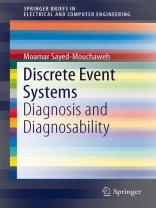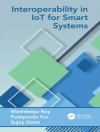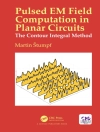Discrete Event Systems: Diagnosis and Diagnosability addresses the problem of fault diagnosis of Discrete Event Systems (DESs). This book provides the basic techniques and approaches necessary for the design of an efficient fault diagnosis system for a wide range of modern engineering applications. This book classifies the different techniques and approaches according to several criteria such as: modeling tools (Automata, Petri nets, Templates) that is used to construct the model; the information (qualitative based on events occurrences and/or states outputs, quantitative based on signal processing, data analysis) that is needed to analyze and achieve the diagnosis; the decision structure (centralized, decentralized) that is required to achieve the diagnosis; as well as the complexity (polynomial, exponential) of the algorithm that is used to determine the set of faults that the proposed approach is able to diagnose as well as the delay time required for this diagnosis. The goal of this classification is to select the efficient method to achieve the fault diagnosis according to the application constraints. This book will include illustrated examples of the presented methods and techniques as well as a discussion on the application of these methods on several real-world problems.
Tabela de Conteúdo
Introduction to the diagnosis of discrete event systems.- Centralized diagnosis of discrete event systems.- Decentralized diagnosis of Discrete Event Systems.- Conclusion and discussion.
Sobre o autor
Prof. Sayed-Mouchaweh is currently a professor of Computer Science, Control and Signal processing at the University of Reims-France. Maria Paola Cabasino is Adjunct Researcher in the research group of Automatic Controls at the Department of Electrical and Electronic Engineering of the University of Cagliari, Italy.












